National Assembly deputies raised the issue when discussing the draft Law on Trade Unions (amended) at the 7th Session this morning (June 18).
“The voice of trade unions in enterprises is still weak”
Delegate Nguyen Phi Thuong ( Hanoi delegation) suggested that it is necessary to define more clearly the responsibilities and powers of grassroots trade unions. Because grassroots trade unions have a particularly important role and position in the activities of the trade union system, and are the places that directly implement and concretize resolutions and strategies.
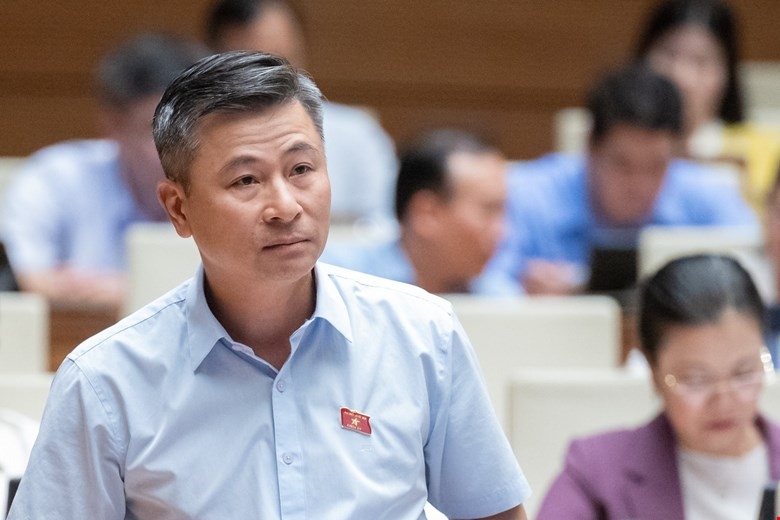
Emphasizing that only when the grassroots union is strong can the union organization be strong, Mr. Nguyen Phi Thuong said that reality shows that grassroots union activities in recent times have been confusing and ineffective, and the position and voice of unions in enterprises are still weak.
These shortcomings and limitations are due to many reasons, but according to him, one of the reasons is that there are no specific and clear legal regulations for grassroots unions - which are to guide, guide, and facilitate implementation. The general regulations on authority and responsibility for all levels of unions and types of grassroots unions as in the draft are not really reasonable and not really scientific .
On the other hand, along with separate chapters and sections for grassroots trade unions, it is necessary to separate the responsibilities and powers of grassroots trade unions in the public and private sectors because they have different characteristics.
Assessing the regulations on the rights and responsibilities of trade unions as relatively complete, Mr. Nguyen Phi Thuong emphasized that what is more important is to provide trade unions with a mechanism to enforce those rights and responsibilities.
“In reality, the grassroots trade union is like a tiny boy wearing a very big shirt. Grassroots trade union officials all receive salaries from enterprises and are always under pressure from employers. This makes it very difficult to create equality. Therefore, it is necessary to specify this mechanism by law so that the trade union is more independent from employers” – Mr. Nguyen Phi Thuong expressed his opinion and noted the need to create organizational independence, financial initiative and policies to protect trade union officials.
He proposed allowing the use of contract workers as full-time union officials at the grassroots level; stipulating that enterprises with 1,000 employees or more must have at least one full-time union official. Along with that, building appropriate salary scales and payrolls to encourage, attract, and motivate union officials to wholeheartedly perform their tasks from the financial resources of the higher-level union.
According to Delegate Nguyen Huu Thong - Deputy Head of the National Assembly Delegation of Binh Thuan province, the question is whether union officials in companies and enterprises (receiving salaries from employers) really dare to speak up to protect workers when their rights are violated?
“And in practice, have we recorded how many cases of complaints and lawsuits related to the legitimate rights and interests of workers at companies and enterprises where the trade union has stood up to represent and protect the workers? How effective has it been?” – he asked.
Therefore, the delegates proposed that salaries, bonuses and other allowances for full-time union officials in companies and enterprises should be paid from the budget of the superior union, so that union officials can wholeheartedly carry out their duties of protecting the legitimate rights and interests of workers in that company or enterprise.
Transparent management and use of union finances
Many opinions agree with the regulation that "Union funds are paid by agencies, organizations, and enterprises at 2% of the salary fund used as the basis for social insurance contributions for employees". This is a content that has been implemented stably and long-term, without causing many problems in practice.
Supporting the above regulation, Delegate Nguyen Phi Thuong (Hanoi delegation) said that this is a prerequisite for trade unions to be more proactive and independent in organizing and operating at the grassroots level.
However, according to him, the Government should unify the principles of collecting, managing and using trade union financial resources. This will help the State manage finances more closely, transparently and effectively, avoiding loss and waste. At the same time, it will overcome the situation where business owners intervene too deeply in the collection and expenditure of trade union finances.
Regarding the allocation of trade union funds, the Government proposed two options. Specifically, option 1 assigns the Government to provide specific regulations. Option 2: Specifically, the superior trade union uses 25%, and the grassroots trade union and employee organizations at the enterprise use 75%.
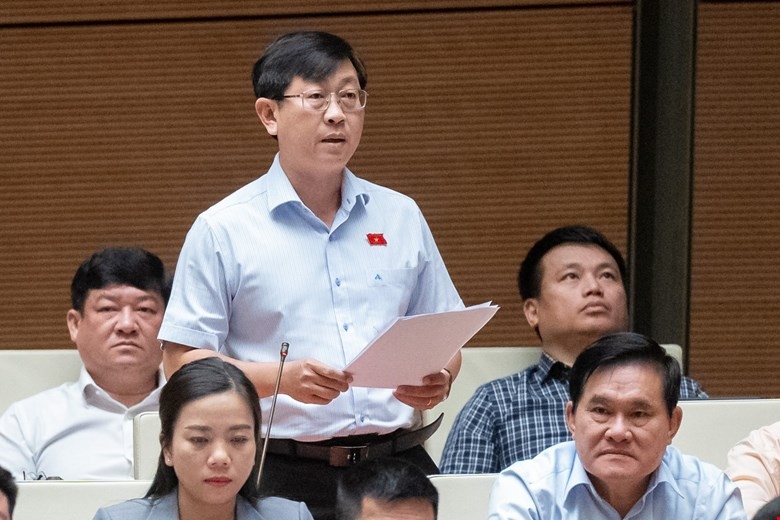
Delegate Nguyen Huu Thong - Deputy Head of the National Assembly Delegation of Binh Thuan province agreed with option 2. Because the division of union fund use between the upper-level union, the grassroots union and the labor organization at the enterprise is an important issue, demonstrating the openness and transparency of the management and use of union finances.
However, the proposed ratio should closely follow the spirit of Resolution No. 18-NQ/TW on "Reviewing and amending the financial management mechanism and trade union funding sources to ensure strict, public, transparent management and improve efficiency", as well as closely follow the actual operations of trade unions at all levels and anticipate issues arising in the coming time.
At the same time, he said that it should not be strictly regulated that "the grassroots trade union and the labor organization at the enterprise are distributed 75%" or "the superior trade union manages and uses 25%" but should be regulated in the direction of "minimum 75%" and "maximum 25%" to ensure flexibility in the overall regulation of the entire system, depending on the scale of the trade union organization or by locality.
Sharing the same view, delegate Nguyen Thi Viet Nga - Deputy Head of the National Assembly Delegation of Hai Duong province affirmed that it is necessary to specify the distribution rate of trade union funds to ensure publicity and transparency in the use of trade union finances.
However, to facilitate the increase in the allocation of union funds for grassroots union activities - which directly care for the lives of workers, according to her, there should be flexibility in regulating the allocation rate of union funds, not rigidly regulating the rates of 25% and 75% but only regulating the "minimum" and "maximum" rates.
Source: https://vov.vn/chinh-tri/huong-luong-tu-doanh-nghiep-can-bo-cong-doan-lieu-co-dam-len-tieng-post1102244.vov





![[Photo] Prime Minister Pham Minh Chinh chairs the meeting of the Government Party Committee Standing Committee](https://vstatic.vietnam.vn/vietnam/resource/IMAGE/2025/8/23/8e94aa3d26424d1ab1528c3e4bbacc45)
![[Photo] General Secretary To Lam attends the 80th Anniversary of the Cultural Sector's Traditional Day](https://vstatic.vietnam.vn/vietnam/resource/IMAGE/2025/8/23/7a88e6b58502490aa153adf8f0eec2b2)


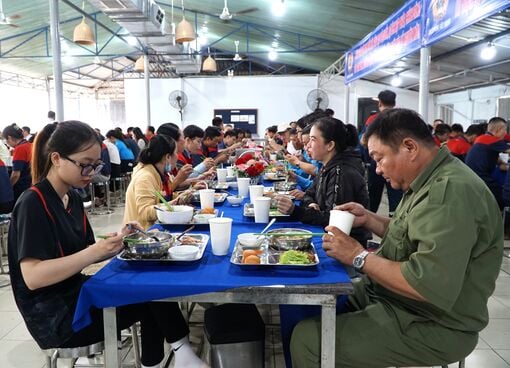





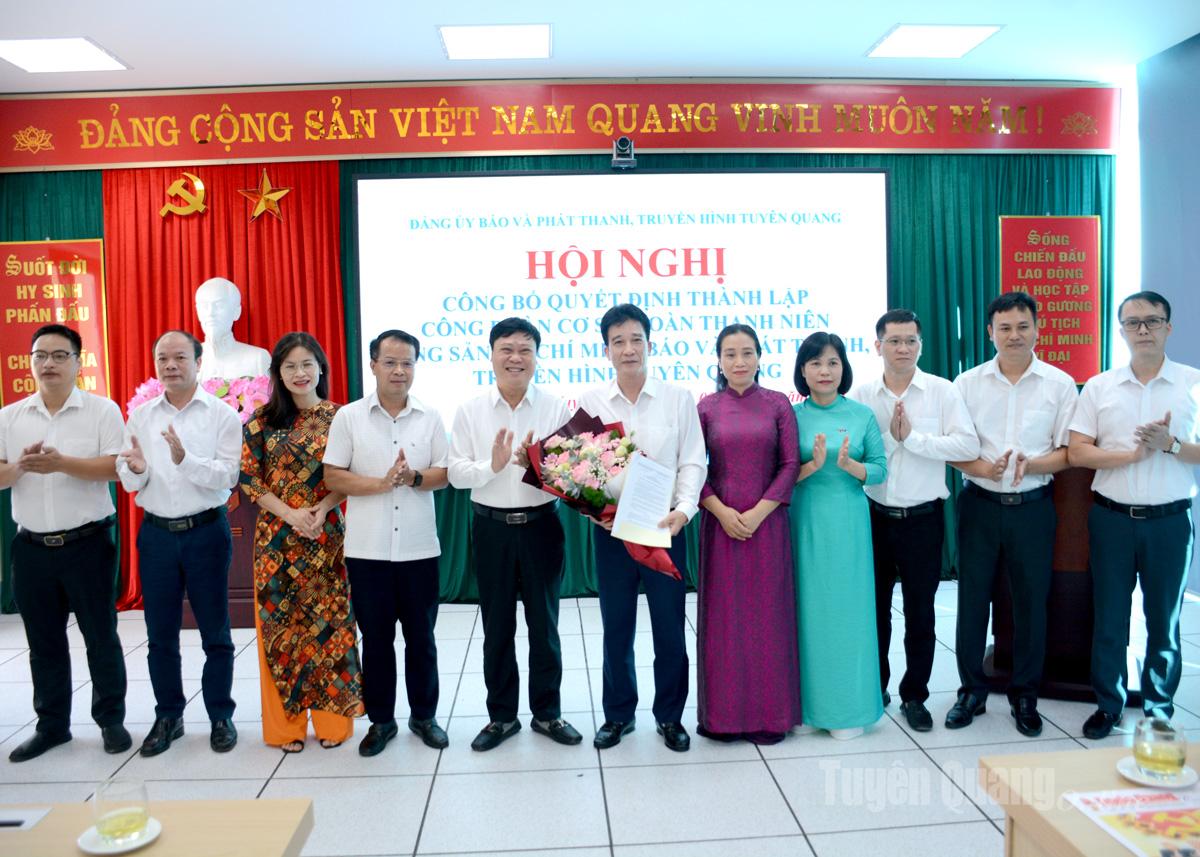

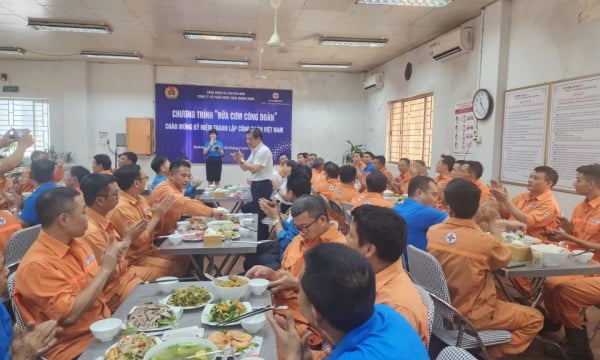



















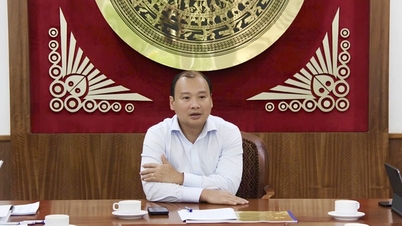
















































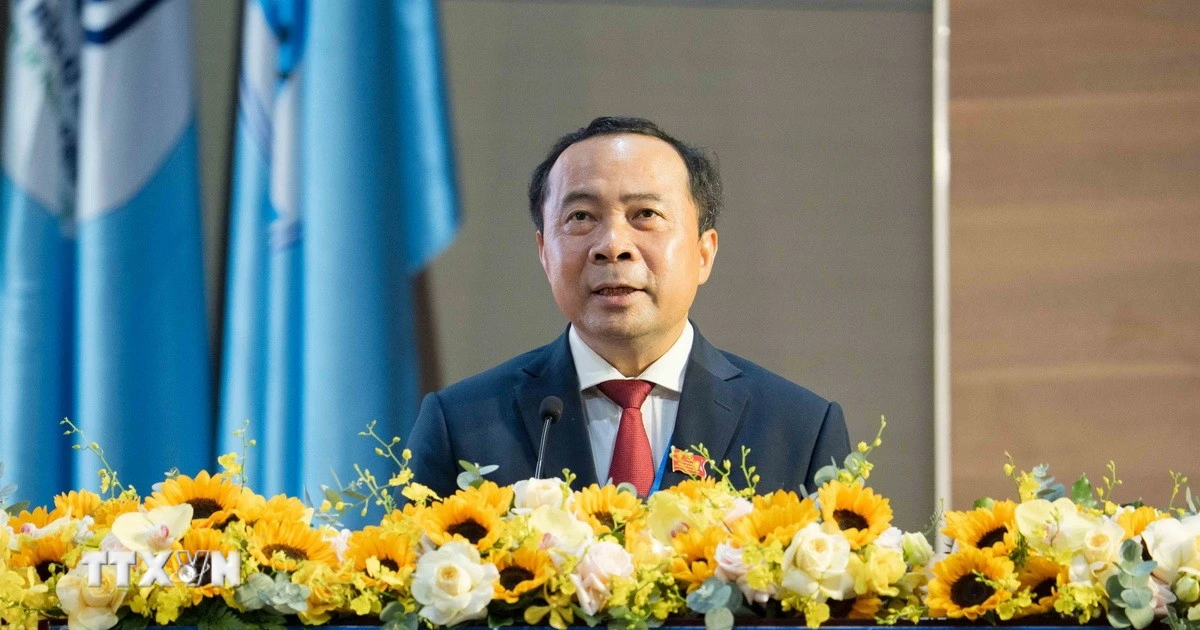
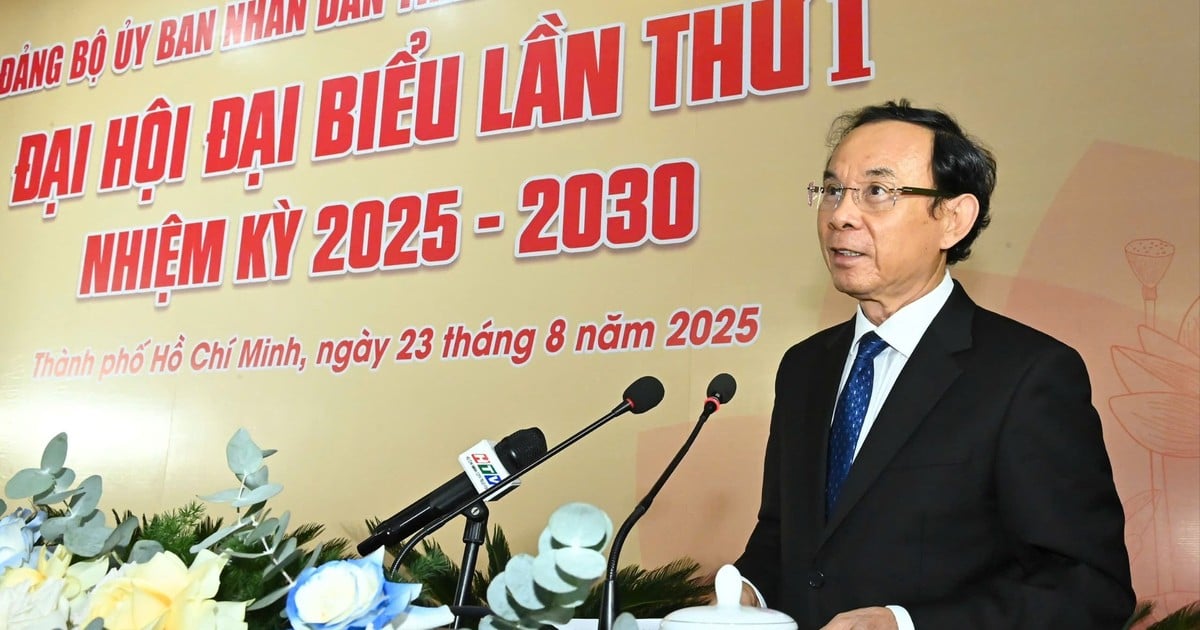
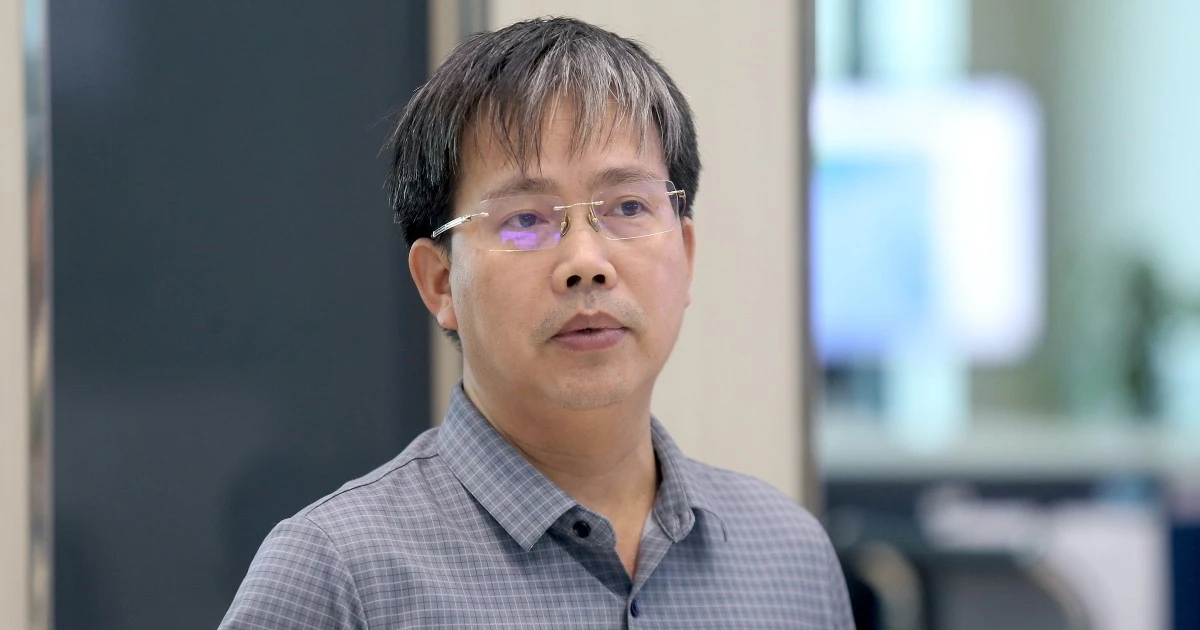














Comment (0)